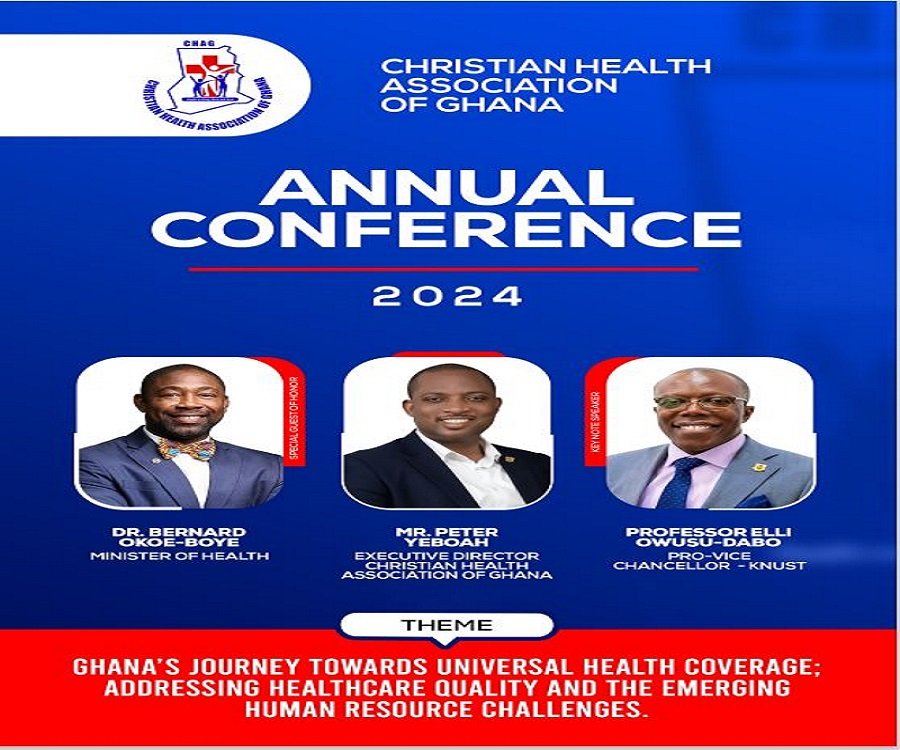
Many children in Ghana are born with a foot deformity called clubfoot, and unfortunately, their parents often do not know how to seek help. These children are sometimes viewed as “river babies” or seen as cursed, leading to stigmatization and discrimination. In some cases, mothers have faced divorce simply for giving birth to a child with this condition.
Thanks to the support and partnership with Hope Walks, children born with clubfoot now receive free treatment, with no cost to their families. Since its inception in 2008, this life-changing program has transformed the lives of over 8,600 children. These once-stigmatized and rejected children can now walk, play, and lead normal lives.
Clubfoot is a globally recognized condition, with about 1 in every 1,000 births affected by the deformity, totaling approximately 200,000 cases each year worldwide. The good news is that clubfoot is treatable, and through CHAG and Hope Walks partner clinics, treatment is provided free of charge.
How You Can Partner with Us
If you are interested in supporting children and their families to overcome the challenges associated with clubfoot, we welcome you to join us. Our goal is to treat 70% of children born with clubfoot in Ghana by 2030. Your support will go towards:
1. Providing necessary materials such as POP (plaster of Paris), cast padding, and braces for the clinics.
2. Training healthcare professionals on the Ponseti method for treating clubfoot.
3. Conducting education and training sessions on early detection and referrals.
4. Raising awareness in health facilities, communities, and through media campaigns (TV, radio, social media, and print).
5. Offering counseling services to parents and guardians.
6. Monitoring activities at various clubfoot clinics.
7. Conducting home visits for follow-up care.

CLUBFOOT PROGRAM
